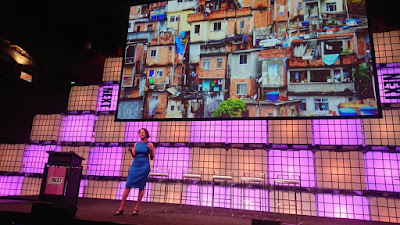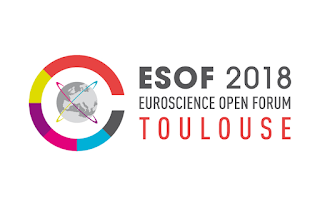Keynote for the Privacy and Identity Conference

I was invited to give a keynote for the members of the Privacy and Identity Lab , an interesting group of privacy scholars at the Kings Ballroom in the Hague. What was particularly fascinating about this group was their cross disciplinary backgrounds as they delved into a spectrum of issues from accountability issues in smart city planning to healthcare data security and regulation to the legal challenges of applying the General Data Protection Laws and the spectrum of interpretations these laws seem to evoke, which brings to question the extent of the efficacy of these laws to reign in poor and unethical market behaviors in the tech arena. I spoke about the implications of these laws universalizing and its globalizing potential and challenges. The fact is that as technology companies expand their reach worldwide, the notion of privacy continues to be viewed through a market-based and ethnocentric lens, disproportionately drawing from empirical evidence of...







